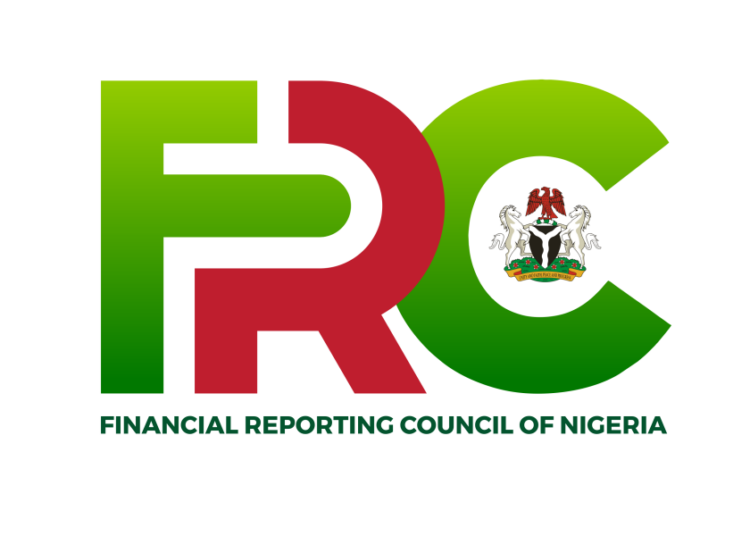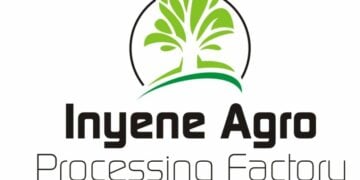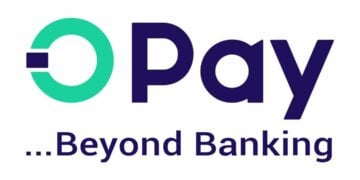The Financial Reporting Council of Nigeria (FRC) has called on public and private sector stakeholders to take deliberate and collective steps to strengthen ethical governance as the world faces increasing economic uncertainty, digital disruption, and environmental risks.
Speaking at the 20th anniversary celebration of the Society for Corporate Governance Nigeria (SCGN) in Lagos, the executive secretary and chief executive officer of the FRC, Dr Rabiu Olowo, said the call has become imperative in view of emerging governance challenges confronting institutions and nations worldwide.
Olowo, who was represented by the coordinating director of the Directorate of Corporate Governance and the Directorate of Inspection and Monitoring, Titus Osawe, noted that the world is witnessing constant economic and security uncertainties, social inequalities, climate change, and rapid technological innovations, which have continued to reshape the ethical and governance landscape.
“In today’s world, we face numerous challenges that are certainly disruptive. The world keeps experiencing economic and security uncertainties, social inequalities, climate changes, and rapid technological and scientific innovations,” he said.
According to him, “these developments have created a ‘disrupted world’ where complexity, uncertainty, and scrutiny have become the norm, and organisations must demonstrate a strong commitment to ethics and integrity through sound leadership and responsible governance.
He stated that this is not only a moral imperative but also a business imperative, adding that ethical governance helps build trust, enhances reputation, and promotes long-term sustainability for institutions and nations alike.
The FRC chief executive noted that strengthening ethical governance requires building robust systems and processes that promote transparency, accountability, and integrity, as well as fostering a culture that values ethics and encourages responsible decision-making.
He listed emerging risks threatening ethical governance, including rapid digital disruptions and artificial intelligence, which raise ethical and regulatory concerns; knowledge gaps that leave institutions struggling to catch up with global best practices; and challenges in sustainability reporting, such as greenwashing and data manipulation.
Other concerns, he said, include the emergence of digital assets that pose transparency and accountability issues, as well as human and political interference that undermines compliance with existing standards. ‘These are real risks that create ethical dilemmas which must be urgently addressed,’ he warned.
He urged organisations, institutions, and individuals to prioritise ethics and integrity in their operations, stressing that driving ethical governance must be done intentionally and collaboratively. “There is a call to action to strengthen ethical governance as a collective. Therefore, the FRC calls all stakeholders, including organisations, institutions, and individuals, to prioritise ethics and integrity. We must drive ethical governance intentionally by working together to build a more sustainable future for our country,” he said.
Meanwhile, SCGN has called on industry players, business leaders, and government institutions to strengthen the nation’s ethical environment and institutionalise corporate governance practices to monitor risk and drive market reforms effectively.
The society emphasised that corporate organisations must embody ethics, transparency, and trust to remain relevant amid Nigeria’s rapidly changing business landscape. It also urged the adoption of ethical and structured leadership models to secure a sustainable future for the country’s corporate institutions.
In her keynote address, former minister of Communication and Technology Dr Omobola Johnson observed that the world is experiencing major disruptions that are reshaping corporate governance and leadership.
She cited ongoing geopolitical conflicts in Gaza and Ukraine, global polarisation, and post-pandemic workplace transformations as examples of the changing landscape. According to her, the COVID-19 pandemic altered business models and accelerated the adoption of remote work and digital tools.
Johnson expressed concern about AI’s growing influence on the future of work, warning that automation and outsourcing are redefining workforce structures, remuneration, and organisational trust.
Johnson identified key governance gaps, including frequent breaches of corporate ethics, AI disruptions, a shrinking workforce, and the changing attitudes of Generation Z employees toward work.
At a panel session, Taiwo Oyedele, chairman of the Presidential Committee on Fiscal Policy and Tax Reforms, underscored the urgent need for Nigeria’s regulatory environment to adopt and implement corporate governance codes to monitor risk and strengthen transparency in the public sector.
He advocated institutionalising ethics in governance through regular board evaluations and aligning public institutions with global best practices.
Oyedele identified persistent gaps in fiscal administration, including outdated withholding tax structures, and called for adopting corporate governance principles from the private sector to enhance accountability in government operations.
Also, the director-general of the Securities and Exchange Commission (SEC), Dr Emomotimi Agama, said Nigeria must embark on serious corporate market reforms to achieve stable and sustainable governance.
He described corporate governance as a vital instrument for stimulating growth, attracting foreign investment, and improving business accountability.
According to Agama, SCGN’s efforts have strengthened investor confidence over the past two decades and helped companies align with Environmental, Social, and Governance (ESG) principles. He noted that ESG integration will enhance business transparency and position Nigerian firms for global competitiveness.
Represented by the SEC Lagos Zonal head, John Bricks, Agama commended SCGN’s consistent advocacy for governance excellence and urged stakeholders to continue building institutions prioritising ethics, sustainability, and compliance.





